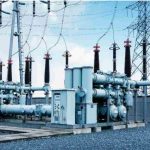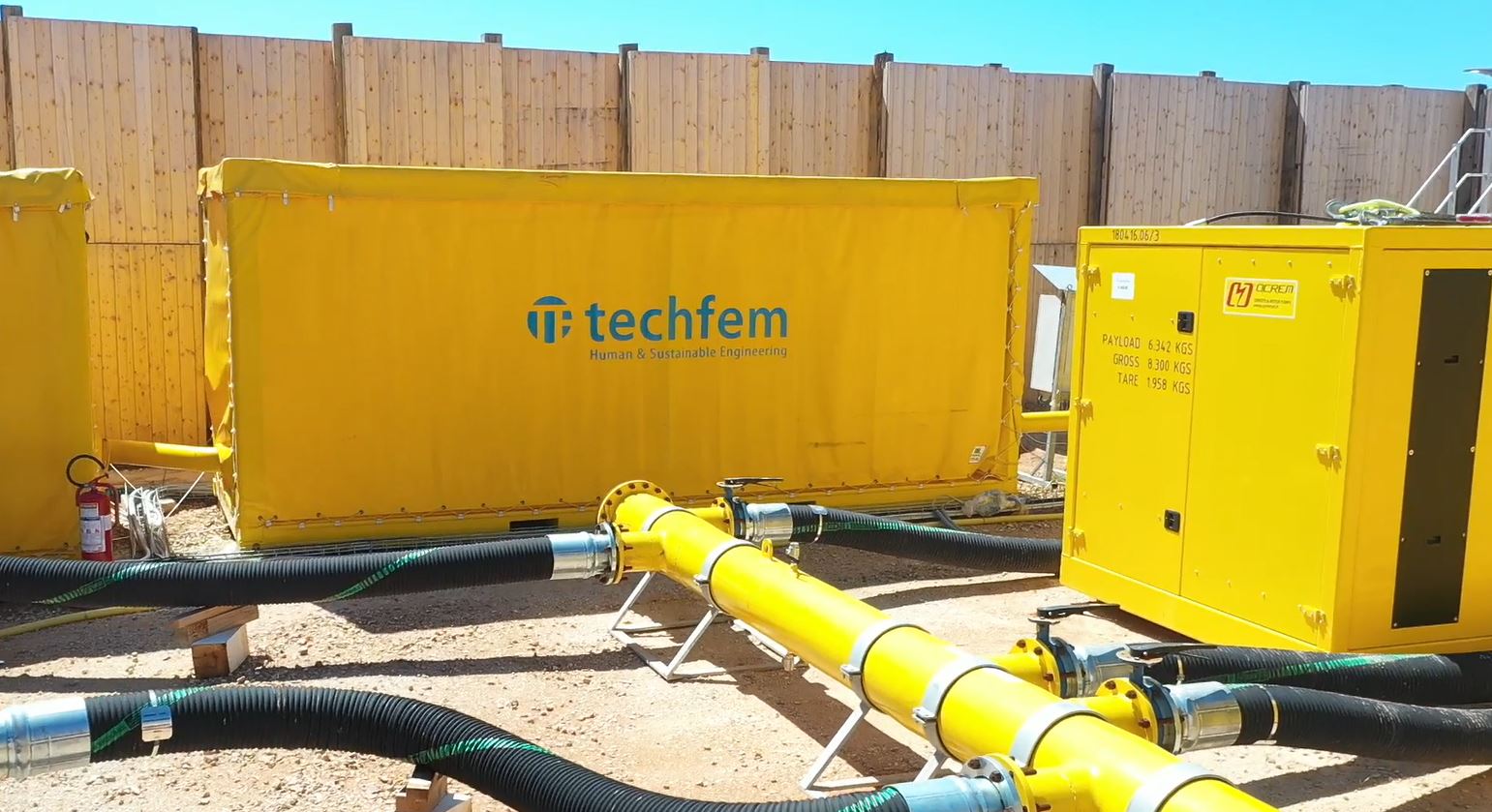Agency Report
The Minister of Finance, Mrs. Zainab Ahmed has disclosed that the federal has commenced discussion with the World Bank with a view to take a $1 billion loan for the development of the power sector.
Also, Governor of the Central Bank of Nigeria, CBN, Mr Godwin Emefiele, has said that the current foreign exchange stability in the economy would attract more foreign investors.
The Minister and the CBN Governor spoke at the press briefing marking the end of the 2019 Spring Meetings of the World Bank and the International Monetary Fund, IMF, in Washington DC, USA, yesterday.
Increased investors’ confidence
Emefiele said that the various monetary policies put in place by his team have increased investor confidence in the nation’s economy. Emefiele added that the nation was also on track towards achieving the 80 per cent financial inclusion target by 2020.
He discloses that the nation had achieved over 60 per cent and that he was optimistic that the various strategies put in place to achieve the target would be successful. Giving the insight into what transpired in the various meetings Emefiele stated: “Based on the outlook and some of the presentation that were made by the Minister of finance, Mrs Zainab Ahmed, we find out that casting our mind back to a year ago we left the meeting here in Washington with some level of optimism that the global activity were accelerating in almost all regions of the world. “So we had projected that last year that growth will be at about 3.9 percent in 2018 and 2019.
“However at this year’s meeting members were disappointed that not much has changed basically for a couple of reasons. “First, there was escalation of trade tension between the US and China; there were some macroeconomic stress points in some countries particularly like Argentina and Turkey; there were some disruptions in the auto sector in some parts of Europe particularly in Germany; there were some tight credit policy in China; there were some monetary policy normalization like you have heard in larger developed and developing countries, including United States and Europe. “These factors significantly contributed to a weakening in the global growth figures especially in the second quarter of 2018 and into the first quarter of 2019 and this weakening number is expected to continue. “Based on these factors, global growth for 2019 was revised downward at this meeting to 3.3 percent. Although, the 3.3 percent was reasonably considered, the outlook for most countries is still challenging with some uncertainties in the short term and some risk remain to the downside. “For sub Saharan countries where we come from some of the factors earlier highlighted affected us. The recovery in the global economy is expected during the second half of 2019 and hoping that the engagement with US and China will lead to de-escalation of trade tension.”
$1bn loan underway
Also speaking, the Minister of Finance, Mrs. Zainab Ahmed also revealed that her delegation held discussions with the World Bank with a view to taking a $1 billion loan for the development of the power sector. Zainab Ahmed Her words, “We also met with the World Bank Power Sector team and discussed the way forward on the Proposed $1 billion Nigeria Performance Based Loan (PBL). We agreed to bring relevant MDAs together to ensure that we advance this in a timely manner. “We will also discuss the Country Portfolio Performance of Nigeria which currently stands at $9.8 billion with the Nigerian Country team at the World Bank and how we could manage the portfolio for optimum results.” Mrs. Ahmed added, “At the IMFC meetings, the Managing Director requested for a mandate to pursue some negotiations with Governors for temporary financing options for ensuring that the Fund remains adequately resourced by maintaining the current resource envelope of the Fund through borrowed resources. This arose partly due to the delay in completing the 15th general review of quotas. “While Governors endorsed this position, we called for an ambitious timetable for the 16th General Review of quota which should result in increased quota shares for dynamic economies in line with their relative positions in the world economy, while protecting the voice and representation of the poorest members.”
She called for the normalization of trade relations among the contending parties and called for concerted efforts to support multilaterism and avoid protectionist sentiments. Nigeria at World Bank Meetings On several other engagements of the Minister at the Spring Meetings, the Minister said, “At the 624, I drew the attention of the World Bank Group (WBG) to some of the challenges we face in implementing our portfolio like the implementation of the new environmental and social safeguards framework which tends to slow down implementation of infrastructure projects and called on the WBG to reflect on this and do something about this.
“Engagement at the IMFC also focused on the global policy agenda. Governors took note of the key policies to anchor the new multilateralism focusing on domestic policies. Governors underscored the importance of strengthening market competition, encouraging innovation tackling weak governance and corruption and meeting the SDGs. Governors underlined the importance of strengthening international coordination and cooperation to tackle shared challenges, given the potentially damaging effects of trade tensions on global economic developments, and impact of natural disasters on developing countries.
“I also participated in the Development Committee meeting but South Africa spoke on behalf of our constituency comprising Angola, Nigeria and South Africa. The discussions here focused on global economic context, mainstreaming disruptive technology in the World Bank Group and implementation update on the Forward Look and lBRD/IFC capital package. For commodity economies like ours even though commodity prices including crude oil prices are expected to stabilize around $67/ bbl in 2019, uncertainty remains high around the forecast. Accordingly, the policy prescriptions for countries like ours are to increase domestic revenues, increase productivity, especially through clearing of supply constraints, diversify the economy and consciously formalize the informal sector and increase the drive for tax revenues.
Nigeria’s Envisaged Revenue Growth: Importance of effective monitoring In the area of disruptive technology, we know that disruptive technology is transforming societies and markets across the world including Africa. The World Bank Group is hoping that these disruptive technologies can help Africa increase its productivity, create jobs and reduce poverty.
“On Climate Finance, in view of our efforts as Finance ministers who play a key role in steering the economy and managing risks, including from climate change, climate finance, we were invited to join the coalition of climate Finance Ministers a coalition of Finance Ministers with long experience with climate actions and are well aligned with the Principles of the Coalition. Nigeria endorsed the Coalition Principles as one of the founding members. Recall, we were the first SSA country to issue a green bond in December ($10.97 billion) for the financing of solar and we are currently in the process of issuing a second green bond $15 billion later this year to finance various sectors in agriculture, power, health and water resources. “On the margins of the Spring Meetings, I participated in the Governors Consultative Council (GCC) meeting of the African Development Bank wherein we continued the discussion of the proposal for a seventh General Capital Increase (GCl-Vll) which started in December 2018 in Rome, Italy. Governors discussed a number of strategic questions around the comparative advantage of the AtDB Group within Africa’s Development landscape, its strategic focus, complementarily between the ADB and the ADF and its medium term plans to strengthen its delivery capacity. Governors also discussed the financial scenarios and measures to ensure financial sustainability. Governors examined what a capital increase look like for the ADB and for Africa and agreed that discussion should continue. We expect to finalize in October 2019. “At a meeting with the US treasury at the President Emergency Plan Aids Relief (PEPFAR) roundtable where we discussed developments with respect to HIV financing, I spoke about the HlV-specific government measures and interventions, and our initiative on the Basic Healthcare Provision Fund (BHCPF) to ensure the most efficient ways of utilizing health resources. The Fund ensures that 1% of the Consolidated Revenue Fund, along with contributions from donor grants, is set aside to fund the basic health care needs of Nigerians, with focus on primary health care and called for assistance in the area of generation and management of data.
China loan
My position is that nature abhors vacuum, Elumelu replies IMF “We also had some bilateral meetings which included the following: The delegation met with the Director, Africa Department of IMF where we updated the Fund on not only developments in the Nigerian economy but also our commitment to fully implement the EGRP. The IMF also promised to assist us in the area of liquidity management and share lessons and experiences on countries where the energy subsidies were successfully managed.”









